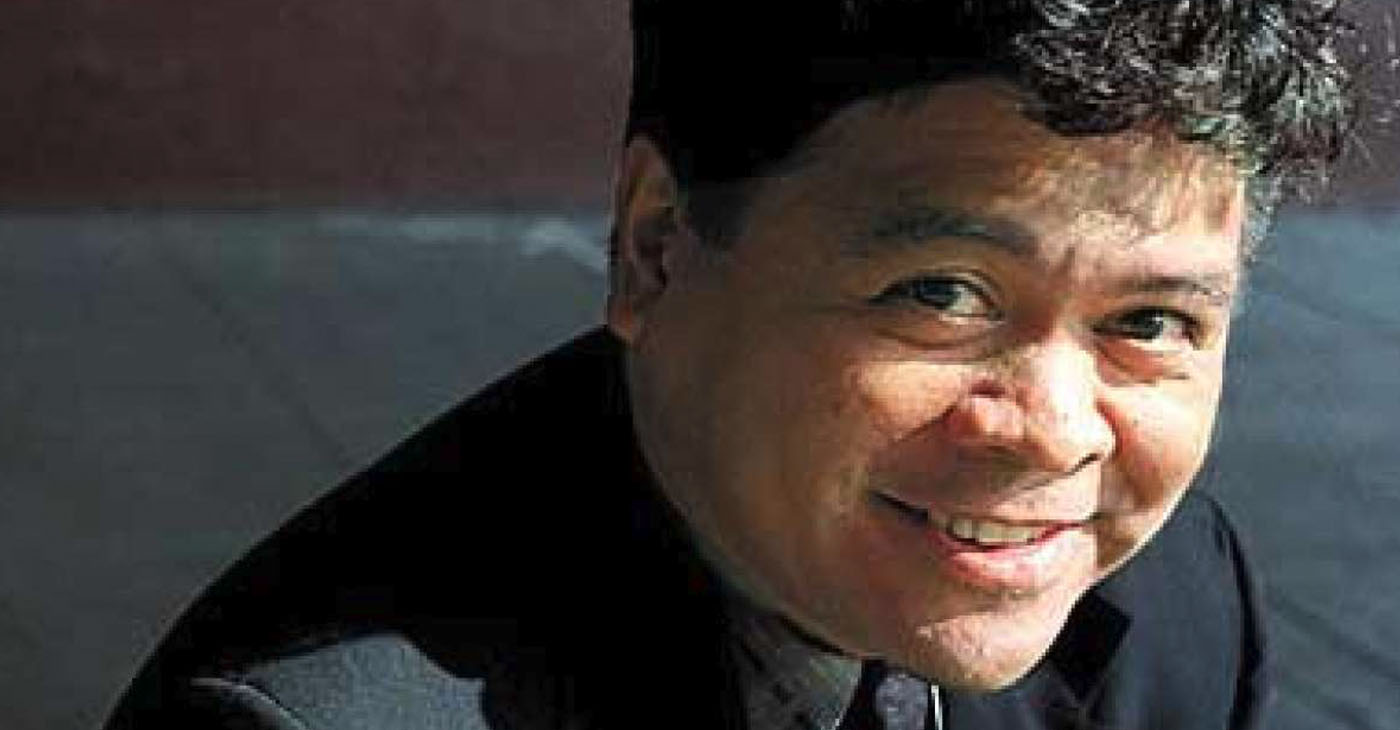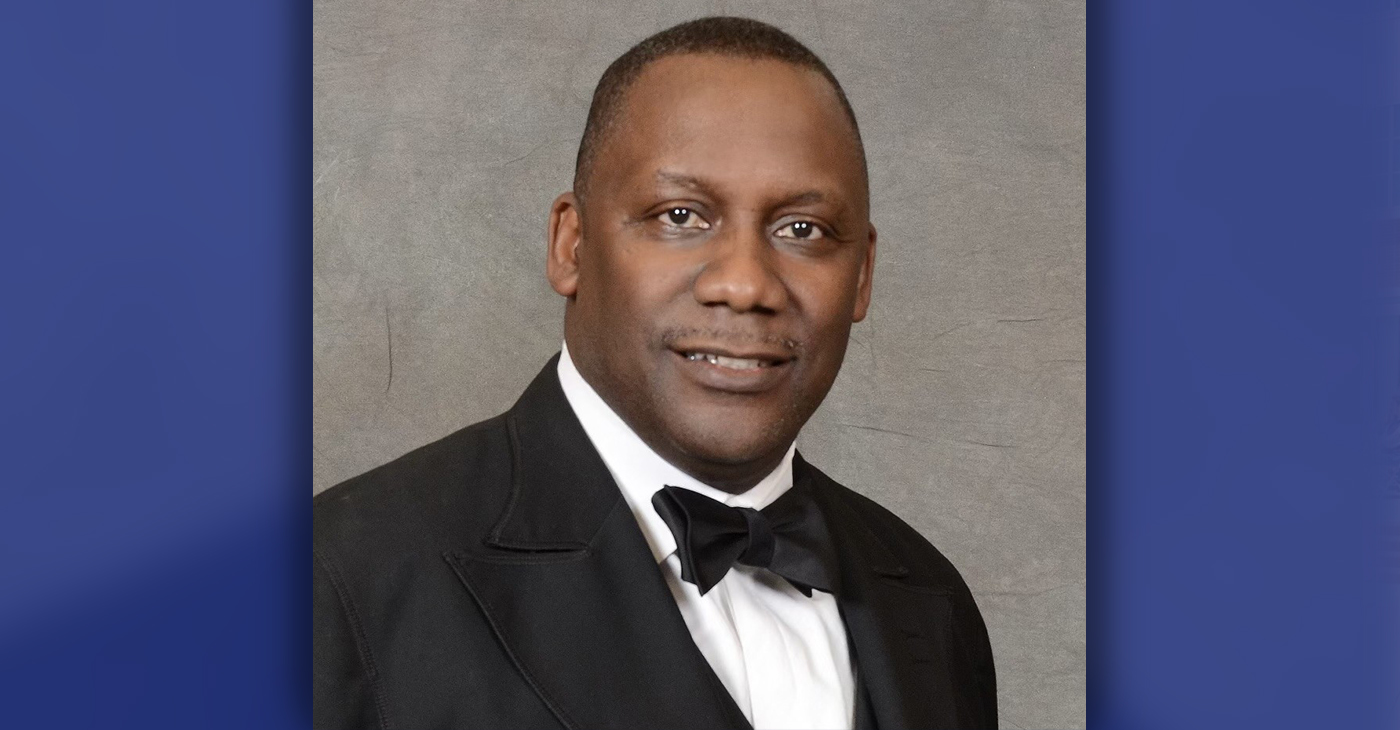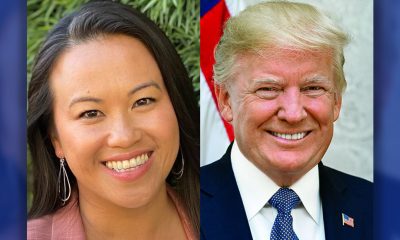Bay Area
IN MEMORIAM: Honoring Henry Fuhrmann, Self-described “Hyphen Killer.”
Henry Fuhrmann was an Asian American son of a German Danish Navy corpsman and a Japanese mother, born on a U.S. hospital ship in Japan. He probably saw hyphens all his life and knew why they should be eliminated.

By Emil Guillermo
Are you African American? Or African-American?
Filipino American? Or a Filipino-American?
Asian American? Or Asian-American?
What’s the difference?
That line between words. You either like it, or you despise it. Henry Fuhrmann despised it.
It might as well have been a royal scepter.
This week, when most of the world was still thinking about Queen Elizabeth II, I was thinking about Henry.
Perhaps you could tell, I wasn’t much for the media’s hagiography. Since her death, I took to criticizing the repressive colonial misdeeds of the British Empire to balance out the steady stream of adulation.
When you hear someone say ‘queen,’ remember Kenya. Or Kowloon. Or Burma.
I wouldn’t have bothered to watch the funeral. But then my friend Henry died last week from esophageal cancer. He was just 65. And that put me in a somber mood.
I mean, what did the queen ever do for us? Compared to her, Henry was a king. Or deserved to be.
Henry Fuhrmann liberated us from our hyphens. I will use none here.
Henry was an Asian American son of a German Danish Navy corpsman and a Japanese mother, born on a U.S. hospital ship in Japan. He probably saw hyphens all his life and knew why they should be eliminated.
But deleting the hyphen would take more than a keystroke.
Henry was a copy editor who retired in 2015 as an assistant managing editor at the Los Angeles Times. An Asian American Journalist Association buddy of mine, we’d see each other at professional events, and re-tweet each other from afar.
Henry’s passion was that demon hyphen. He wanted to expose it for what it was and get rid of its use. In that simple dash, the parallel line that posed as a connector, Henry saw a dividing line, an “othering” tool that did us more harm than good.
“Asian-American?”
Uh, no. Nope, Henry said. Just write Asian American. Or Filipino American. Or Mexican American. Or African American.
The hyphen was a grammatical prosthetic that didn’t help matters. It made us less than.
Henry made his case professionally to journalism’s high court of wordsmithing, the keepers of the Associated Press Style book, known as AP Style.
In an essay Henry wrote in 2018 he cited the Oakland writer Maxine Hong Kingston, who expressed how she felt being called ‘Chinese-American’ in her 1982 piece “Cultural Mis-Readings by American Reviewers.”
“I have been thinking that we ought to leave out the hyphen in ‘Chinese-American,’ because the hyphen gives the word on either side equal weight, as if linking two nouns,” wrote Hong Kingston. “Without the hyphen, ‘Chinese’ is an adjective and ‘American’ a noun; a Chinese American is a type of American.”
Wouldn’t that be better?
From that, Henry attacked the hyphen and pushed for change.
A year later, AP eliminated the hyphen in Asian American, and mentioned Henry’s essay as a driving force. In 2021, the New York Times changed its usage.
Since media organizations can adopt their own style books, you’ll still see the hyphen used. And you’ll still see ‘black’ uncapitalized. But you surely won’t see “oriental.” It’s used to describe rugs. Just not people.
Normally, editors act as conservative gatekeepers of so-called standards. They’re not my favorite people. Unless they’re like Henry. Freedom fighters for a changing language in a changing world.
It’s always a matter of clarity.
Were Japanese Americans placed in internment camps? Was what happened to them “internment” or were they more truthfully incarcerated?
More and more are saying the truth — incarceration. That was Henry’s influence on the AP Stylebook as well.
It shouldn’t be so hard to tell the truth in mainstream journalism. But look at how big-time journalists pull their punches in calling Trump a liar. Or a racist. Or a fascist. Did you see his rally in Ohio? The facts are there.
Or look how cautious people are about calling Florida Gov. Ron DeSantis a racist for his inhumane and possibly illegal relocating of migrants to Martha’s Vineyard.
That’s why I mourn Henry’s passing. He was against editing the truth.
He’s the reason you are an African American. Not an African-American.
And I am a Filipino American.
We deleted that line, the dash, the minus sign, and became whole. At least in print.
If words matter, if the truth matters, then remember Henry Fuhrmann, the ‘word nerd’ who unchained all people of color from the hyphen and liberated us all.
Emil Guillermo is a veteran journalist and commentator. See him at www.amok.com
Activism
Oakland Post: Week of July 24 – 30, 2024
The printed Weekly Edition of the Oakland Post: Week of July 24 – 30, 2024

To enlarge your view of this issue, use the slider, magnifying glass icon or full page icon in the lower right corner of the browser window. ![]()
Activism
Oakland Post: Week of July 17 -23, 2024
The printed Weekly Edition of the Oakland Post: Week of July 17 -23, 2024

To enlarge your view of this issue, use the slider, magnifying glass icon or full page icon in the lower right corner of the browser window. ![]()
Bay Area
Op-Ed Senate Bill 966 Threatens Health Equity in East Bay
My East Bay community is struggling to get by. A proposed State Senate bill would set us back even further. Serving the East Bay community has been my life’s work and my greatest joy. After leaving the Bay Area to complete my seminary, I returned home to found The Community Church in Oakland. From the outset of my time as the church’s pastor, I have been guided by the belief that my service must extend beyond the pulpit, because the health and economic needs of my community are so great. Our church has organized free food banks, COVID-19 testing clinics, and a housing and re-entry program for those suffering from addiction.

By Rev. Dr. Lawrence E. VanHook
Special to the Post
My East Bay community is struggling to get by. A proposed State Senate bill would set us back even further.
Serving the East Bay community has been my life’s work and my greatest joy. After leaving the Bay Area to complete my seminary, I returned home to found The Community Church in Oakland.
From the outset of my time as the church’s pastor, I have been guided by the belief that my service must extend beyond the pulpit, because the health and economic needs of my community are so great. Our church has organized free food banks, COVID-19 testing clinics, and a housing and re-entry program for those suffering from addiction.
Through my service, I have seen the challenges that our community members are facing. Oakland, my hometown, has the third-highest rate of violent crime in the state. The local economy is strained. Oakland-based businesses are leaving our community because they’re struggling to get ahead.
Both East and West Oakland has disproportionately high rates of respiratory illness due to heavy air pollution. While our local efforts have brought some aid to those in need, we are also counting on our state elected officials to help us address the systemic health disparities afflicting the community.
Chief among the health concerns of community members is having reliable and affordable access to prescription drugs. Equitable access to medications gives us the peace of mind that we can keep ourselves and our families healthy and safe. Our community should not have to choose between paying rent or purchasing prescriptions.
Unfortunately, rather than taking action to combat soaring prescription drug prices, some California lawmakers are pushing legislation that could raise patient costs at the pharmacy counter.
The Legislature is currently considering SB 966, a bill backed by special interests that would undercut the few tools we have to keep prescription drug costs contained, letting big drug companies increase their prices, profiting on the backs of working families – some of whom already live paycheck to paycheck.
SB 966 would target the fundamental programs through which small businesses, unions, and government health programs are able to offer their employees and members quality and affordable healthcare. Millions of Californians rely on these plans to obtain essential medications at the lowest-possible cost.
The bill would make it illegal for employers and unions to incentivize the administrators of their prescription drug plans to negotiate for the lowest possible cost for prescriptions. Right now, small businesses and unions can choose to pay these administrators more for taking on big drug companies and securing discounts – a choice that will be outlawed under this bill.
As a result, employers will have no leverage to stop big drug companies from setting sky-high prices, disproportionately impacting working families.
As these health costs quickly add up, employers will have little choice but to pass the increases down to their employees. That means California patients will see higher healthcare costs and co-pays.
From my perspective, most concerning is that the bill would exacerbate the health disparities impacting my community and other underserved populations. If SB 966 becomes law, the most vulnerable may be forced to skip prescription doses, stop filling their prescriptions, and avoid essential care.
By rejecting this cash grab by big drug companies, our state elected officials can send a clear message that they stand with the community, patients, and working families.
We cannot afford SB 966.
Rev. Dr. VanHook is the founder and pastor of The Community Church in Oakland and the founder of The Charis House, a re-entry facility for men recovering from alcohol and drug abuse.
-

 Arts and Culture3 weeks ago
Arts and Culture3 weeks agoRooted in Tradition: The Intricate History of Black Hair Braiding
-

 Bay Area4 weeks ago
Bay Area4 weeks ago“I Will Not Be Bullied,” Says Oakland Mayor Sheng Thao
-

 Bay Area2 weeks ago
Bay Area2 weeks agoPG&E Increases Rates While Bay Area Households Are Struggling to Stay Afloat
-

 Business3 weeks ago
Business3 weeks agoGov Newsom: Raising Fast Food Minimum Wage to $20 Pays Off as Jobs Multiply in Industry
-

 Activism4 weeks ago
Activism4 weeks agoOpponents of Mayor Sheng Thao Are Calling on Her to Resign Following FBI Raid
-

 Community1 week ago
Community1 week agoHundreds Come to Jehovah’s Witnesses’ Assembly Hall for Three-Day Program of ‘Good News’ in Fremont
-

 Bay Area2 weeks ago
Bay Area2 weeks agoJuneteenth Mass Shooting Suspect Charge with Multiple Counts of Felony Assault by Alameda County DA Pamela Price
-

 Activism4 weeks ago
Activism4 weeks agoOakland Coliseum Sale to AASEG: A Model for Community Development and Inclusion






















































